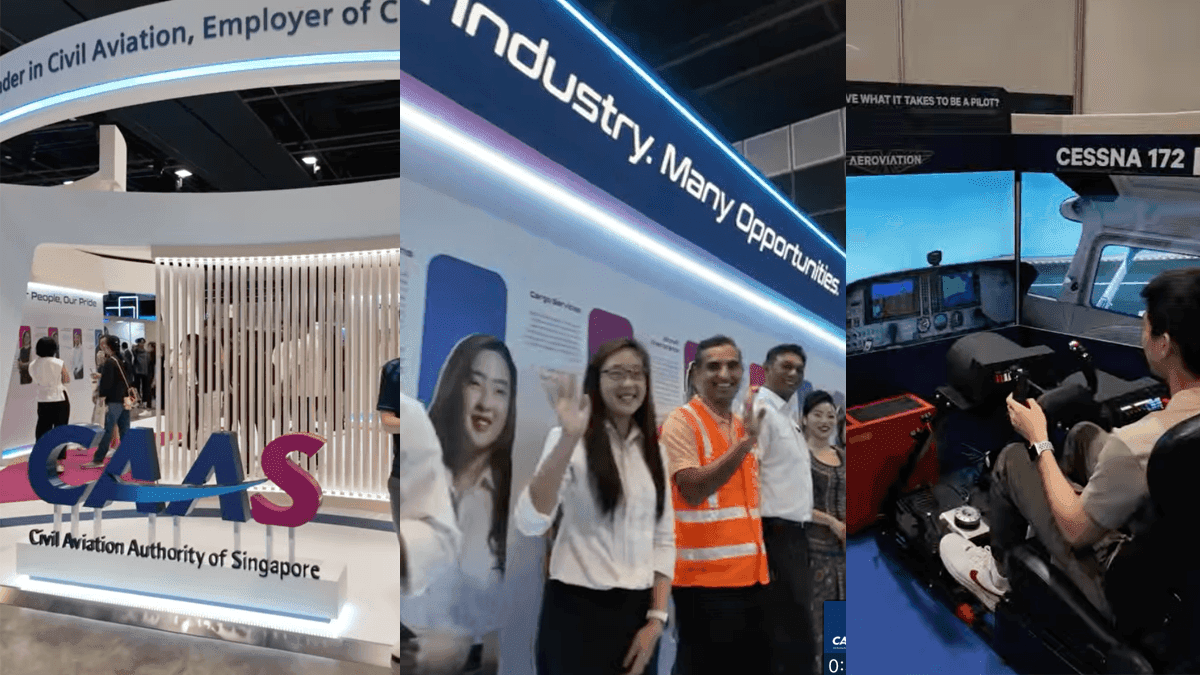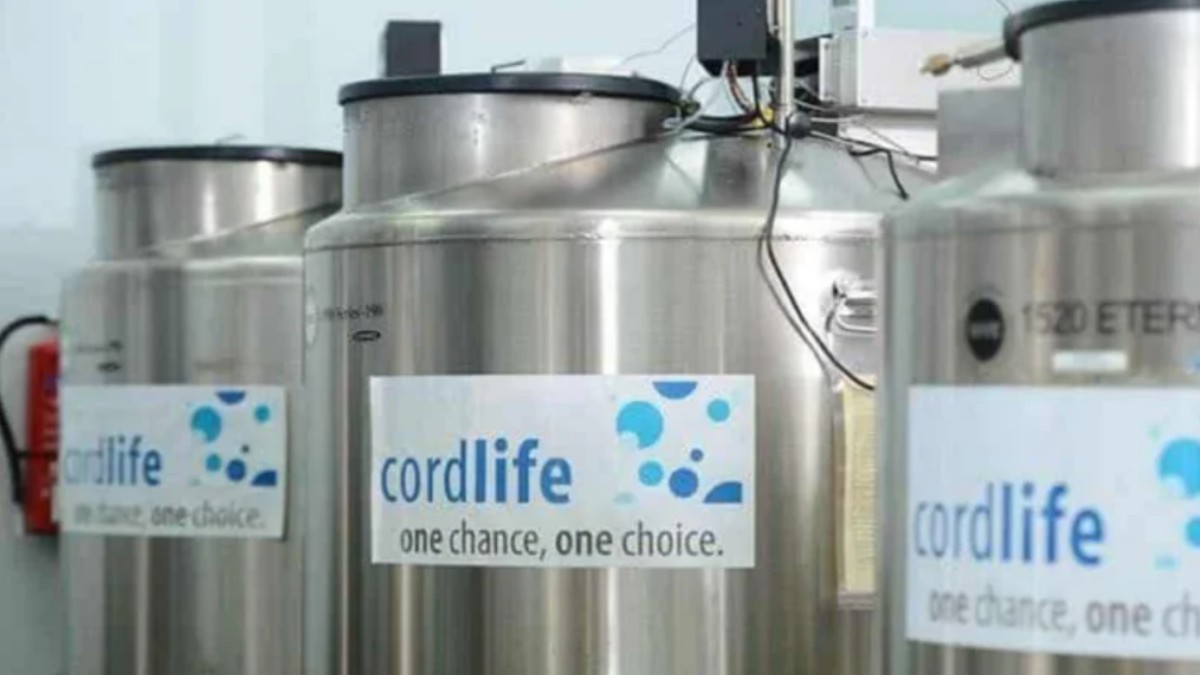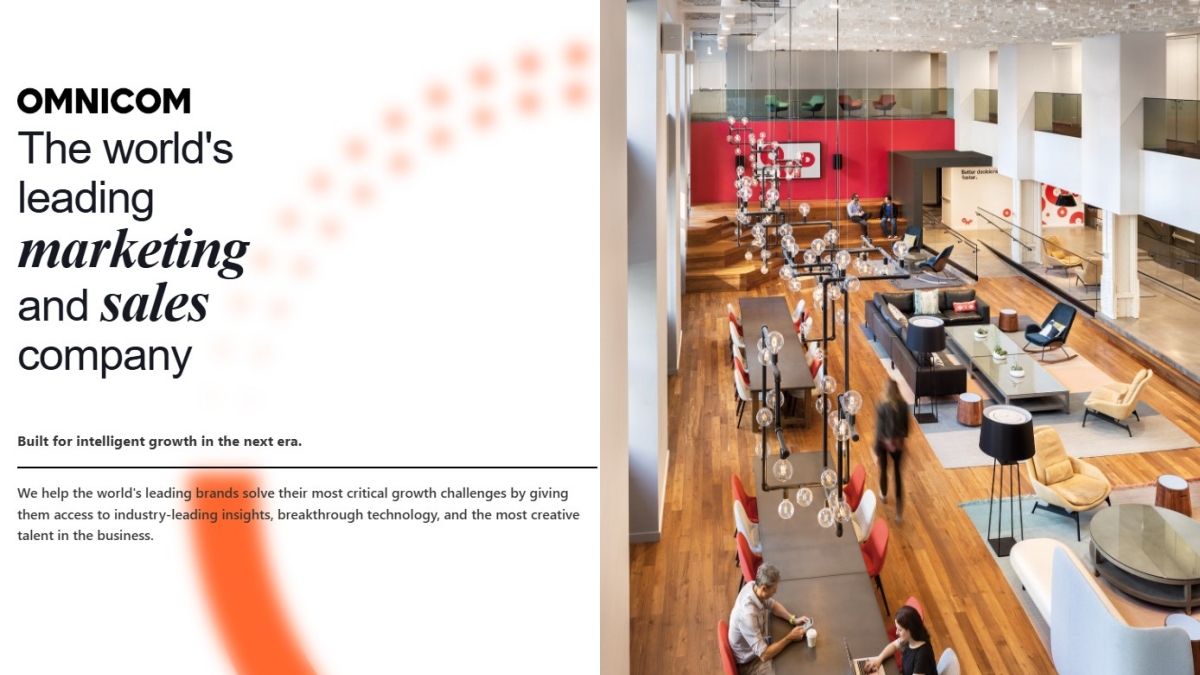CAAS launches S$200 million OneAviation Manpower Fund to future-proof Singapore's aviation workforce
Singapore’s aviation sector will receive a major boost with the launch of a S$200 million fund to attract, develop and retain talent, alongside the release of a jobs transformation report outlining trends and future skills needs.

- CAAS has launched the S$200 million OneAviation Manpower Fund to support workforce development.
- The fund is part of a broader S$1 billion air hub development plan over five years.
- A comprehensive jobs transformation report highlights megatrends like AI, automation, and digitalisation.
- CAAS signed MOUs with educational institutions and AI Singapore to align training and build tech capabilities.
The Civil Aviation Authority of Singapore (CAAS) has announced the creation of a S$200 million (US$156 million) OneAviation Manpower Fund aimed at strengthening the nation’s aviation workforce over the coming years.
Revealed on 18 July 2025, the initiative is designed to attract, develop and retain talent within Singapore’s aviation sector. According to CAAS, the fund will support targeted manpower development schemes, co-developed with unions, aviation employers and education partners.
This initiative is part of a broader S$1 billion commitment announced in March 2025 to develop Singapore's air hub capabilities over five years.
At the OneAviation Careers and Education Fair 2025, held at the Suntec City Convention Centre, Senior Minister of State for Transport and National Development Sun Xueling launched a comprehensive jobs transformation report for the sector.
Jointly produced by CAAS and Workforce Singapore (WSG), the report analyses workforce trends, outlines future skills needs, and proposes programmes to prepare Singaporeans for emerging job opportunities.
Described as Singapore’s first in-depth manpower study of the aviation sector, the report draws from insights gathered from over 200 companies, supplemented by workshops with key industry stakeholders.
The report identifies several "megatrends" set to reshape aviation roles over the next five years. These include digitalisation, artificial intelligence (AI), data-driven technologies, automation and robotics.
According to CAAS, these developments are expected to affect up to 30 per cent of the existing aviation workforce. Job roles will be transformed, while new positions will emerge in areas such as data analytics, AI operations, and smart maintenance.
One area likely to see significant change is airport ground handling services, traditionally labour-intensive but now increasingly digitised and automated.
Singapore’s aviation sector currently employs more than 60,000 workers. This number is expected to grow with rising air travel demand and Singapore’s positioning as a key international air hub.
The report highlights 31 core job functions essential to day-to-day operations, including pilots, aircraft engineers, cabin crew, aviation security personnel, cargo handlers, and catering professionals.
To ensure workforce readiness, CAAS signed a Memorandum of Understanding (MOU) on 18 July 2025 with nine local institutes of higher learning. The agreement aims to align educational programmes with evolving industry needs.
Under the MOU, the institutions will collaborate with aviation employers to review training requirements, enhance curricula, and provide internships and in-house training opportunities.
Additionally, CAAS signed a separate MOU with AI Singapore and other partners. The collaboration aims to foster a talent pipeline for AI in aviation and enhance labour productivity through technological adoption.
Workforce Singapore will also release a playbook later in 2025 to help aviation employers identify critical skillsets, redesign jobs, and adapt to industry transformation.
CAAS director-general Han Kok Juan underscored the significance of these initiatives. Citing the International Air Transport Association (IATA), he noted that global air passenger demand is projected to double over the next two decades.
“As a premier air hub, Singapore is well-placed to capture this growth,” said Mr Han. “As we grow, the Singapore aviation sector will provide new and exciting career opportunities for Singaporeans, now, and in the future.”
He added that the S$200 million fund, along with the new partnerships and development initiatives, represents a substantial boost for Singapore’s aviation workforce.
The OneAviation Careers and Education Fair, where these announcements were made, featured industry partners, educational institutions, and prospective jobseekers, offering a comprehensive view of career pathways in aviation.
The fair also served as a platform to promote new roles emerging in tandem with technological progress, with student and employer engagement sessions held throughout the day.








0 Comments